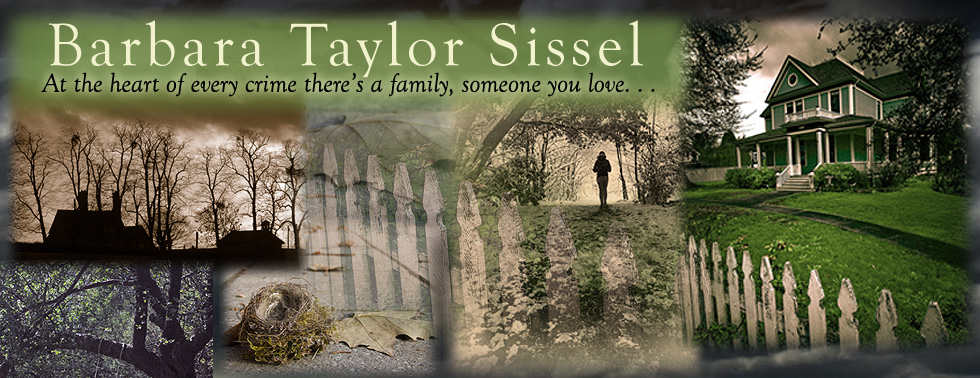Emily was at home when Shannon came over to confess she was pregnant. The girls were best friends, barely 17, and had just started their senior year of high school. Shannon was a class beauty. She was a homecoming queen nominee. But it was the Sixties; nice girls—class beauties, homecoming queens—didn’t get pregnant.
There had to be some way to take care of the problem. The girls drove the dusty back roads to the smaller towns around the metropolitan area where they lived naively assuming they could find a doctor who would rid Shannon of her difficulty. All declined. Back at Emily’s, Shannon lay down alongside Emily’s bed. Her plan was for Emily to jump from the bed onto her abdomen. The mistake would then be expelled and Shannon could return to being the carefree teenager she was before having unprotected sex with a guy who supposedly was in love with her but, after all, didn’t care. Emily refused.
 Shannon’s class beauty picture was removed from the high school annual. Shannon herself was expelled and forced to leave home. Frightened and alone, she gave birth in a strange place under the cold, judging eye of relatives who disapproved.
Shannon’s class beauty picture was removed from the high school annual. Shannon herself was expelled and forced to leave home. Frightened and alone, she gave birth in a strange place under the cold, judging eye of relatives who disapproved.Katherine had a roommate who came to be in a similar situation. Donna managed to hide her condition from her employers until two weeks prior to her delivery date. The only doctor she saw during the term of her pregnancy was the one who confirmed her condition. Again, the father of the child, who had professed love, didn’t. Donna took a leave of absence from work; she gave birth to her baby in a home for unwed mothers. Denied the right to even see the child, she gave it up for adoption. She returned to work. Donna and Katherine never spoke of it, but the silence and the sorrow weighed on them and eventually eroded their friendship.
Vicky’s roommate Tanya also hid her condition. Only Vicky knew. Tanya carried her baby to term. The girls, twenty-somethings, had no plan other than Vicky would drive Tanya to the hospital when her time came; she would deliver her baby and then decide whether to keep it or give it up. Other than that, the matter wasn’t discussed. It was as if by ignoring the fact, it might disappear. It didn’t. When Tanya’s water broke, she found Vicky across the hall watching television with her boyfriend. The boyfriend drove the girls to the hospital, but after that, he never spoke to Vicky again. The fact that Vicky associated with, lived with a girl who was pregnant out of wedlock tarred her with the same brush, and in his eyes, the “sin” was unforgivable. Tanya’s baby was stillborn. The hospital staff insisted she give it a proper funeral or the baby’s soul would be lost in purgatory and when she refused, they shamed her.
These stories are true. Only the names and certain facts have been changed to protect privacy.
I ran across these accounts while doing research for The Volunteer after my character Sophia got herself into this same predicament at age 16. Her mother turned her back and what happens as a result, while realistic, is terrible, even horrifying. Because regardless of our beliefs on the issues of premarital sex and pregnancy, silence is not the answer. Neither is judgment against or consignment to hell. That was life before birth control. I don’t think we want to go back to that. To the lies and the secrecy, the labeling unfit, the name-calling. But the stigma continues to exist. To some degree, girls are still shunned when compassion is called for; they and the services that are in place to guide them are consigned to hell by religions that claim love and human kindness are their foundation and with devastating consequences. In The Volunteer, the consequences for Sophia span a lifetime and the truth, when it is finally exposed, will shock her to her core.
Posting a link today (3/14/12) to yet more foolishness regarding this issue: An article in the e-zine Jezebel that reports Arizona's latest bid to ban contraception as a method of birth control. It would be laughable if this same attitude hadn't had such tragic consequences in the past.








Such a thoughtful essay. Thanks so much for sharing these girls' and women's stories.
ReplyDeleteI'm glad you enjoyed the post, Colleen. Thank you for stopping by and for commenting.
ReplyDeleteI was so happy when I saw Mike's post on fb promoting the free download! I learned that two of my friends got it after I promoted it too! I'm so happy for you!
ReplyDeleteI still can't believe that whole "aspirin between their knees" thing. And the fact that no women were at the table for the official discussion.
ReplyDeleteThanks for speaking out, Bobbi.
Nicely written, well thought out and insightful essay, Barbara.
ReplyDeleteThank you, Doug, and thanks for stopping by and taking time to leave a comment.
ReplyDeleteThanks for bringing this book to our attention. I've just downloaded it and will send your blog link to my daughters and friends.
ReplyDeleteThanks, Mary Margaret. I'm glad you're passing it along. I think silence is about the worst answer to this ... next to apathy. And of course, I'm so pleased you downloaded the book. I hope you enjoy it!
ReplyDelete